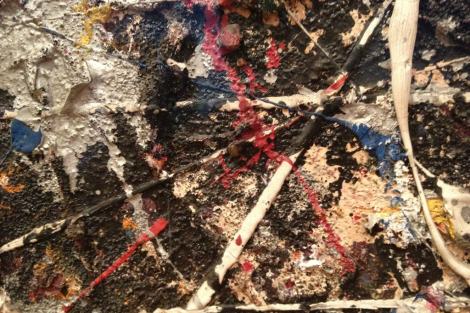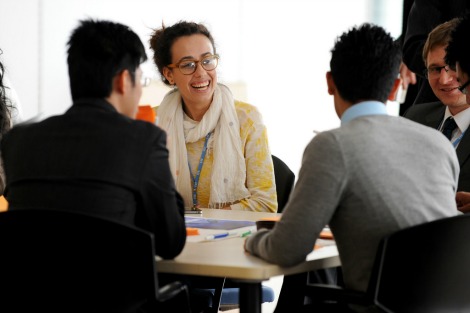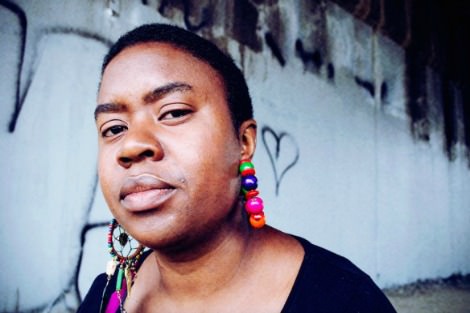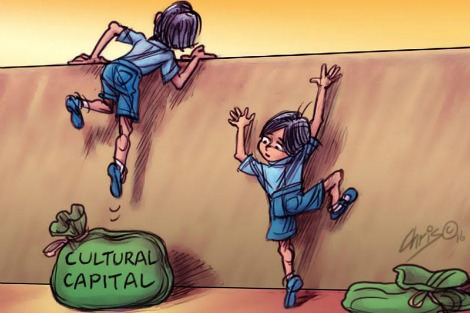Keywords: Publishing
There are more than 200 results, only the first 200 are displayed here.
-

RELIGION
- Frank Brennan
- 29 March 2017
1 Comment
'We need to be more focused on grace, Christ and God's word, rather than just on law, the Church and papal utterances. But today, I will draw more on law, the Church and the Pope to point us towards those more fruitful domains: grace, Christ and God's word. Our future visioning needs to focus more on the gospel imperatives including the option for the poor and the dignity of all persons, including those who are non-believers.' Address to Catholic Health Australia's Catholic Governance Symposium, 27 March 2017
READ MORE
-

ARTS AND CULTURE
- Martin Flanagan and David Adès
- 20 March 2017
6 Comments
This hunger that gnaws endlessly in my guts will be the death of me, but is the life of me, because in braving yourself to the emptiness something is born, something happens. Watch and observe, tell the story well, make it an expression of your sanity, which is otherwise at risk from waves generated by the outside world and past regrets.
READ MORE 
-

RELIGION
- Frank Brennan
- 01 March 2017
11 Comments
Make no mistake, our church leaders are not yet out of the blaze of the headlights. They don't have all the answers, not even in relation to matters peculiarly within their jurisdiction. Despite being put on notice, our most senior bishops could not even agree on the limits of the seal of the confessional and on what a priest should do if abuse were reported in the confessional by a child. It's not just our past leaders who needed help. Our present leaders also do.
READ MORE
-

AUSTRALIA
- Ellena Savage
- 09 December 2016
4 Comments
To be in the running for a scholarship, a student must have had their abilities or potential acknowledged and rewarded within an ideological education system. Where the money comes from - and whom it is given to - informs what kinds of artwork thrives. As Didier Eribon says, 'art, culture and education are part of the mechanisms of differentiation between social classes'. And the institutional frameworks underpinning the production of artwork can lead to pernicious political outcomes.
READ MORE
-

AUSTRALIA
- Sonia Nair
- 28 November 2016
11 Comments
Belonging to a generation where I was constantly told I could do anything I set my mind to, I was carted off to every class imaginable as a young child - art class, violin class, music theory class, English literature tutoring and so forth. But the advent of unparalleled choices that was constantly peddled to me did not coincide with an increase in the spaces that are available for young people to excel, or much less be employed, in the fields of their choice.
READ MORE
-

AUSTRALIA
- Neve Mahoney
- 25 November 2016
9 Comments
In a utopian world, free of racism and bigotry, there would be no problem with writers having complete artistic freedom. It becomes a problem when, for example, a white author takes the experiences of a Ugandan woman and writes a novel that becomes an acclaimed bestseller, while writers of colour struggle to get published and have their own stories told. This is white privilege at its finest. Morally, should the privileged be able to profit from the experiences and oppression of another culture?
READ MORE 
-

AUSTRALIA
- Sonia Nair
- 24 October 2016
15 Comments
Social theorist Pierre Bourdieu posited the disturbing finding that academic underperformance in lower-class students could be traced back to their lack of cultural capital, defined as 'familiarity with the dominant culture in a society, and especially the ability to understand and use 'educated' language''. According to Bourdieu, the mainstream education system assumes a certain level of cultural capital and as a result, educators speak in a manner that is only understood by a privileged few.
READ MORE 
-

AUSTRALIA
- Shira Sebban
- 18 October 2016
12 Comments
Finally he is having his day in court. After 13 months languishing in limbo in immigration detention, he has been given the opportunity to be heard. Hopefully, it won't be long now before his case is determined and his torment resolved. Or so I thought. But in today's Australia, asylum seekers are not treated the same way as you or me. I meet him not as originally planned in the courtroom itself, but in the bowels of the building where he has been confined for the second day in a row to a tiny cell.
READ MORE 